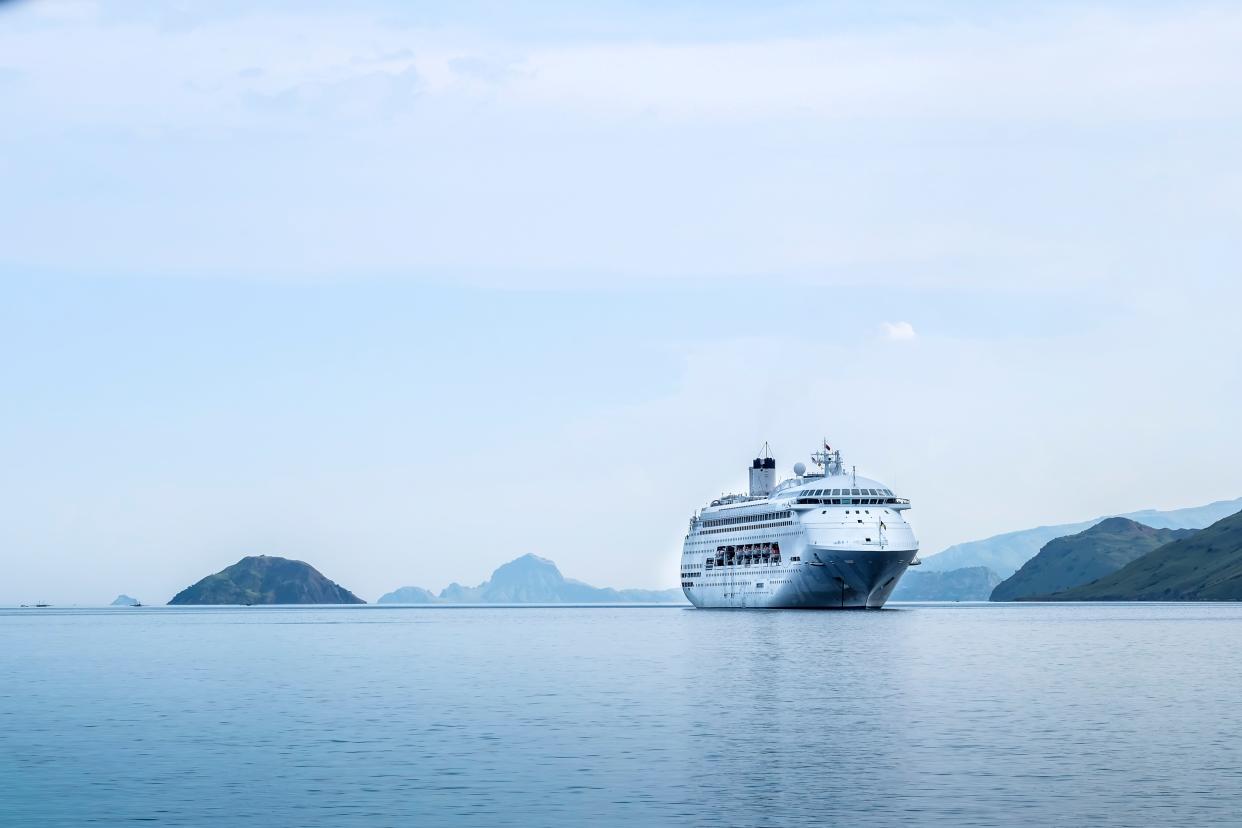How Bermuda's same-sex marriage repeal is impacting cruises

After legalising same-sex marriage less than a year ago, the British Overseas Territory of Bermuda has approved a Domestic Partnership Act repealing the legislation. In what critics are labelling a "huge step backward" for civil rights and LGBT equality, the impact of the rollback will have global consequences.
In 2011, Cunard made the decision to register their cruise ships in Bermuda, following in the wake of Princess Cruises and P&O. This was, in part, to take advantage of the fact that, unlike British law, the country recognises a marriage ceremony performed at sea.
So the announcement in May 2017 that Bermuda was legalising same-sex marriage effectively gave same-sex couples the freedom to get married anywhere in the world – provided they were aboard a Princess, P&O or Cunard cruise.

Operators registered in countries where same-sex marriage is still recognised can continue to offer the ceremony at sea. However, those that have already booked their wedding aboard a Bermuda-flagged vessel can now only have a Commitment or Renewal of Vows ceremony – not a legal marriage.
Michele Andjel, a spokeswoman for P&O Cruises and Cunard, said: "Having been delighted and wholly supportive of the Bermuda Government's change in law last May, which allowed us to conduct same sex marriages on board our ships, we are disappointed with this outcome. We will now be working closely with the Bermudan authorities to understand the legalities of 'Domestic Partnership Act 2017' and whether this is something we can offer our guests in the future."

The move has drawn global attention and #BoycottBermuda is now trending on Twitter. But, while there has been a backlash in response to the repeal, and the change could scupper the plans of some couples, the effect it will have on the profits of cruise lines is expected to be minimal.
"There is more than a little overreaction regarding the effect this will have on cruise lines' finances," said our expert Jane Archer. "According to Celebrity Cruises it was the first cruise line to 'legally conduct gay weddings at sea'. That statement was made in October 2017 and there has been one gay wedding so far, at the start of this month, so it is unlikely cruise lines will be overly concerned, financially speaking, about the LGBT passengers who will no longer get married on their ships."

Flying the flag of convenience – why cruise ships choose to register their ships abroad
While many cruise lines argue that they have chosen to flag their ships overseas in order to take a slice of the lucrative wedding industry, there are other, more questionable motives that may contribute to their decision.
The laws and regulations of the land extend to the sea
Some cruise lines take advantage of flagging their ships in countries with less stringent laws and regulations in order to save on operating costs. These include both environmental and health and safety regulations. As a result, you may not be as well protected at sea as you'd expect.
Working rights of the crew
In countries like the UK, it is hard for foreign nationals to obtain a work permit or visa. By flagging ships in countries with less demanding working requirements and lower minimum wage levels, cruise companies are able to select from a larger, and cheaper, pool of workers. The employment laws of the workers are also affected – including rights such as working hours, anti-discrimination laws and holiday pay.
Pirates, pollution and secret codes: 12 things you didn't know about cruise holidays
Taxes, fees and charges
Companies the world over are always looking to shave some money off their tax bill. Cruise lines are no exception. With different tax laws in place across the world, the ability to save on fees, charges and taxes and the implications that this has on profit and margin can have a huge influence when companies are deciding where to register their ship.
You have to build it where you flag it
Some countries, like the US, have a law that stipulates that in order to flag your ship in their country, it has to be built there – at least in part. With implications again on labour and material costs, as well as import fees, this can add up to a hefty price tag.

